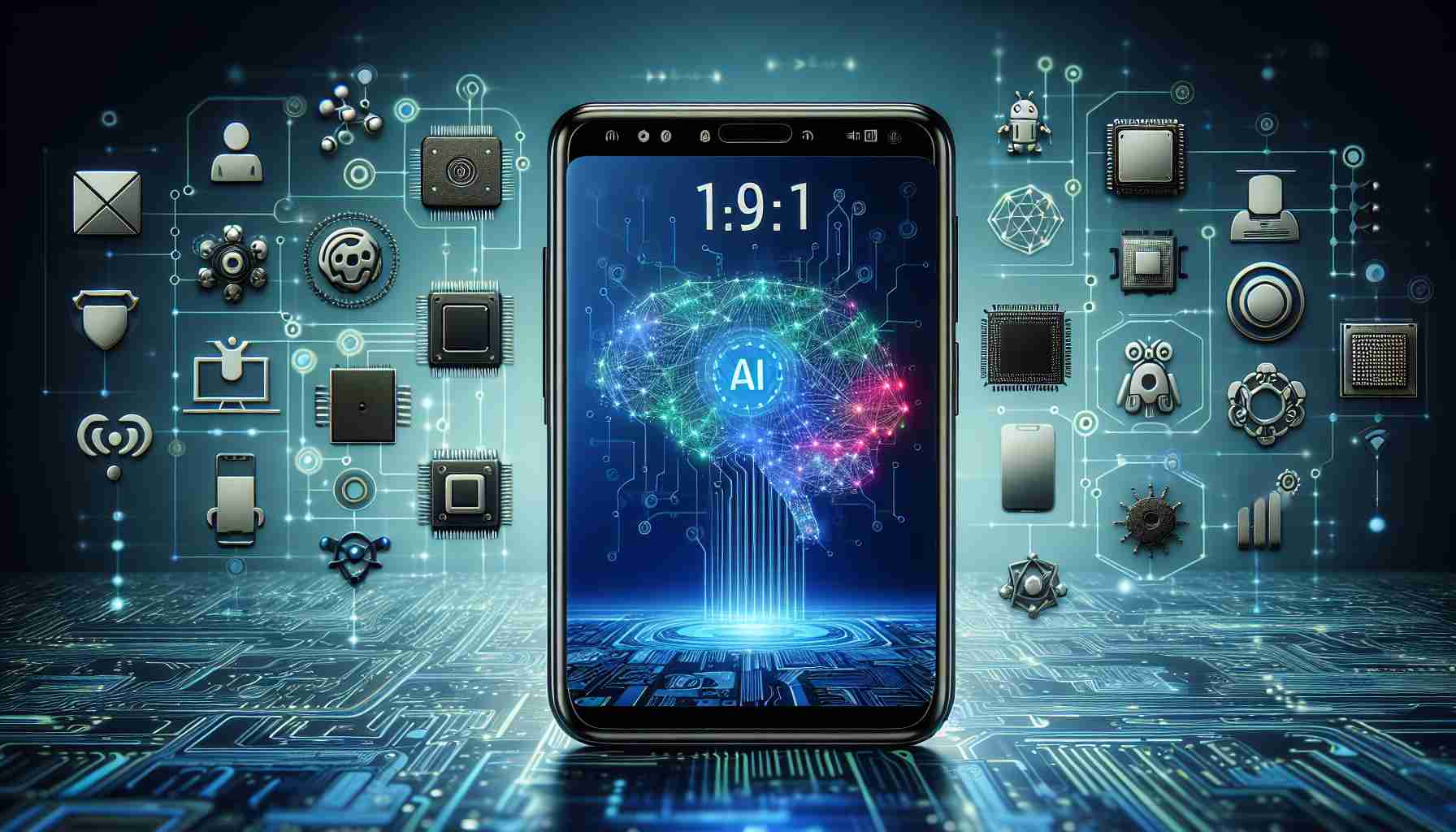Oppo’s dedication to bringing artificial intelligence (AI) closer to consumers was firmly pronounced at a recent event where the company shared its vision for future tech breakthroughs. In collaboration with industry giants like Google, MediaTek, and IDC, Oppo articulated its resolve to embed AI technology across its entire product lineup.
The smartphone manufacturer also unveiled progress in restructuring its AI smartphone ecosystem and hinted at the more intelligent, convenient user experiences that the newest generation of smartphones will offer. Smartphones, now ubiquitous and versatile, are quickly becoming the most common personal AI devices. Oppo believes that AI should be a user-friendly tool accessible to everyone, not a luxury.
Billy Zhang, Oppo’s Global Marketing, Sales, and Service President, remarked on the company’s relentless efforts to pioneer generative AI adoption in user-end products, aiming to reach 50 million users by year’s end. This commitment is a significant stride towards democratizing AI technology.
According to IDC’s latest forecast, the AI phone market is poised for an explosive 250% growth in 2024, especially in the sub-$1000 segment, with an anticipated 35 million AI phones hitting the market. Generative AI is quickly becoming integral to the smartphone user experience, enhancing entertainment and productivity.
Oppo’s substantial investment in AI research and development over the past decade, with over 5,000 AI-related patents, 70% of which focus on imaging, underscores the firm’s robust commitment. Since 2020, Oppo has taken the lead in developing large language models (LLMs) and other advanced AI technologies, notably becoming the first smartphone company to implement an LLM with 7 billion parameters, enabling over a hundred generative AI capabilities this year.
Oppo’s mission is to create an integrated AI ecosystem spanning both device and cloud to offer a comprehensive AI phone experience. Incoming models such as the Reno12 and Find X will be equipped with Google’s Gemini LLM, featuring convenient generative AI functions like AI Writer and AI Recording Summary. Moreover, collaborations are in place with MediaTek to enhance chip performance on future flagships and with Microsoft to improve voice-to-text experiences and interconnectivity between phones and computers.
While the article discusses the integration of AI in Oppo’s smartphones and their collaborations with other industry leaders, it does not elaborate on the challenges faced in AI development or the potential impact of AI integration on consumer behavior and privacy. Here are some facts and considerations to expand on these points:
AI Integration Challenges:
– Data Privacy and Security: Incorporating AI into smartphones increases the amount of personal data processed, which raises concerns about user privacy and data security. Oppo and other manufacturers must ensure robust security measures to protect user data.
– Algorithm Bias: AI algorithms can inadvertently learn biases present in the training data, leading to unequal or unfair outcomes for some user groups. Eliminating these biases is a key challenge for AI developers.
– System Complexity: Adding advanced AI capabilities increases the complexity of smartphone operating systems, which can lead to technical issues or make devices less accessible to users who are not tech-savvy.
– Dependence on Quality Data: The effectiveness of AI is dependent on the quality and quantity of data used for training. Data collection and cleaning can be a significant challenge.
AI and Consumer Behavior:
– Customized Experiences: AI integration enables more personalized and tailored services for users, such as AI-curated content and predictive text, potentially increasing user satisfaction and loyalty.
– Accessibility: AI has the potential to make technology more accessible to individuals with disabilities by offering enhanced voice commands, image recognition, and other assistive features.
AI Integration Advantages:
– Enhanced User Experience: AI-powered smartphones can offer seamless and intuitive user interfaces, smarter camera functionalities, and real-time language translation.
– Increased Productivity: Features like AI Writer and AI Recording Summary could significantly improve efficiency and productivity for users by automating routine tasks.
– Better Performance: AI can optimize smartphone performance by learning user patterns and managing device resources accordingly.
AI Integration Disadvantages:
– Privacy Concerns: With increased processing of personal data, users may become more susceptible to privacy breaches or misuse of their information.
– Resource Consumption: AI processing can be resource-intensive, potentially impacting battery life and device lifespan.
For those interested in learning more about how AI is shaping the smartphone industry and Oppo’s specific role in that transformation, you can visit their official website at Oppo.
To address these questions, challenges, and controversies, Oppo and other smartphone manufacturers must balance the drive to innovate with a commitment to user privacy and data security. Additionally, they must work to ensure that AI systems are fair, transparent, and accountable. As the market for AI-integrated smartphones grows, providers must also consider the environmental impact of manufacturing increasingly complex devices and strive toward sustainable practices.
